| Voice/Instrument: |
Biography
Hermann Prey was born in Berlin and grew up in Nazi Germany. He was scheduled to be drafted when World War II ended. He studied voice at the Hochschule für Musik in Berlin and won the prize of the Frankfurt contest of the Hessischer Rundfunk in 1952.
He began to sing in song recitals and made his operatic debut the next year in Wiesbaden. He joined the Hamburger Staatsoper, where he sang until 1960. During his last years in Hamburg, he also made frequent guest appearances elsewhere, including the Salzburg Festival.
He sang frequently at the Metropolitan Opera between 1960 and 1970 and made his Bayreuth debut in 1965. Although he often sang Verdi early in his career, he later concentrated more on Mozart and Richard Strauss. Prey, a lyric baritone, was vocally well suited to portray Figaro.
He was at home with comic opera Italian-style, displaying scenic intelligence, liveliness and hilarity. His athletic agility and great comic acting made him an obvious choice for numerous productions of Mozart's and Rossini's operas in the 1970s. In 1972 he performed as Figaro in Jean-Pierre Ponnelle's television film of Rossini's Il Barbiere di Siviglia with Teresa Berganza as Rosina, Luigi Alva as Almaviva and conductor Claudio Abbado. He appears alongside Fritz Wunderlich in the live televised version of Il Barbiere di Siviglia in its German translation, Der Barbier von Sevilla. He also portrayed Figaro in 1976 in Ponnelle's film of Mozart's Le nozze di Figaro.
Prey also sang operetta and performed on German television, becoming extremely popular with television audiences.
He is best remembered for his recitals, his first American recital having been given in 1956. He was a gifted interpreter of Schubert, as well as other Lieder. He also appeared frequently in concert, particularly in the Bach Passions and Brahms' A German Requiem.
Prey's straightforward, clear tone - very different from the nuanced manner of his slightly older contemporary Dietrich Fischer-Dieskau - often suggested the baritonal equivalent of Fritz Wunderlich, with whom he sometimes made records. At his best he could soar into the tenor range without the smallest suggestion of vocal effort.
He recorded a multi-volume set for Phillips, tracing the history of the Lied from the Minnesänger to the twentieth century. In addition, he released numerous recordings of opera and song.
Starting in 1982, he taught at the Musikhochschule Hamburg, and he wrote an autobiography which was translated as First Night Fever (ISBN 0-7145-3998-8).
In 1988, he directed a production of The Marriage of Figaro in Salzburg. His son Florian is also a baritone.
He died in Krailling, Bavaria.
For a number of years in the late 1970s and early 1980s, before his withdrawal from public performances, the American baritone, Michael Maglaras, was considered Prey's natural heir.
For many years, Michael Endres was the pianist to Hermann Prey.
Compositions
Discography
Composers' compositions
Franz Schubert
Schubert. Schwanengesang (Prey, Hokanson), 5 Lieder (Janowitz, Gage)Vocal and instrumental music

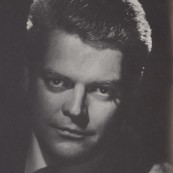
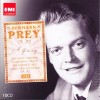
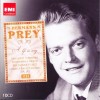
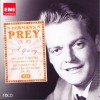
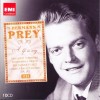
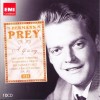
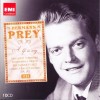

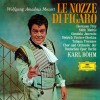
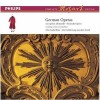
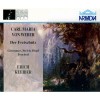
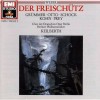
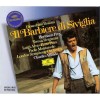
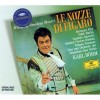
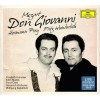
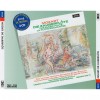
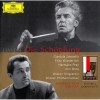
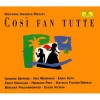
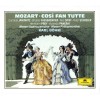
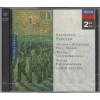


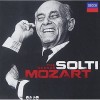
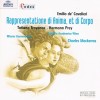
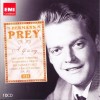
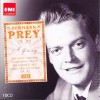
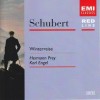
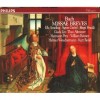
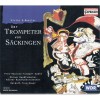
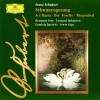
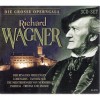
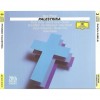
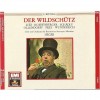
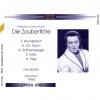
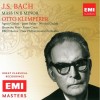
![J.S. Bach - Weihnachts-Oratorium [Eugen Jochum]](http://static.classicalm.com/repository/composition-cover/small/18637-img1391543210279616.jpg)
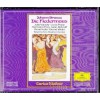
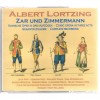
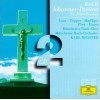
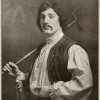
![The Opera Album 2011. [CD 2 of 2]](http://static.classicalm.com/repository/collection-cover/small/1345-img1369921777459572.jpg)